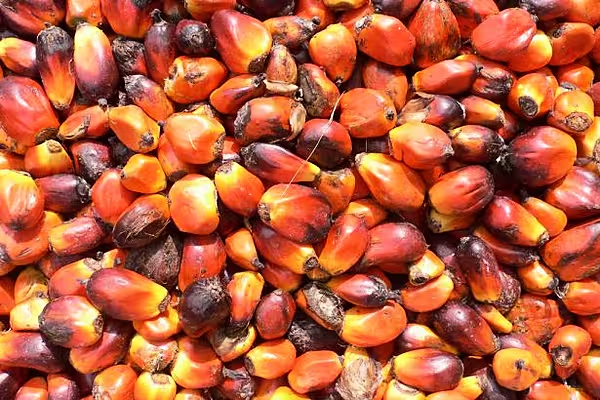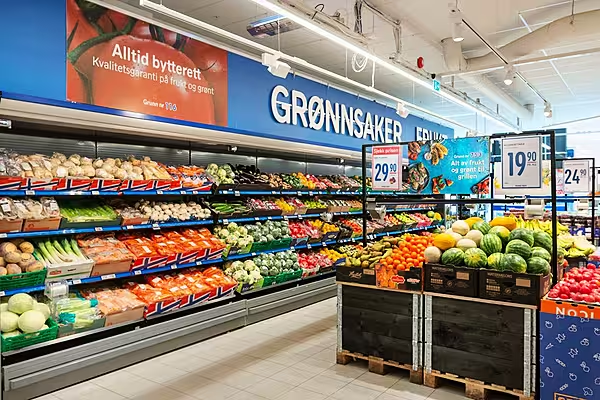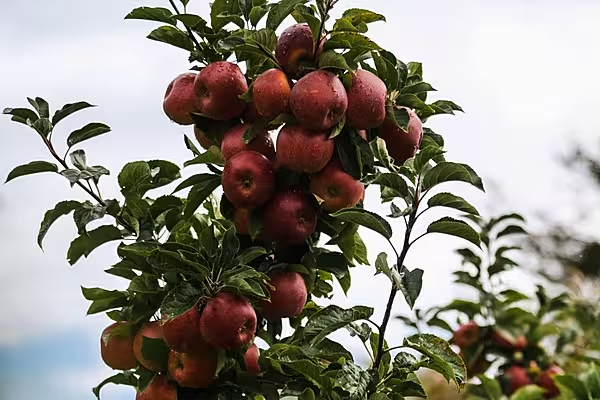Palm oil slumped for a fifth day to trade near a bear market as rising supplies threatened to swell stockpiles amid concerns that China’s economic slowdown will curb demand for raw materials.
The benchmark futures contract on Bursa Malaysia Derivatives in Kuala Lumpur retreated 0.5 per cent to 1,906 ringgit ($452) a metric tonne on Tuesday, the lowest level at close since March 2009. A close below 1,903 will be more than 20 per cent drop from this year’s closing high of 2,378 ringgit reached on March 3, meeting the common definition of a bear market. Prices plunged to as low as 1,863 ringgit in intraday trading.
Palm oil, used in everything from chocolates to cosmetics, is down 16 per cent this year, heading for the fourth annual loss in five years as the collapse in crude oil dents its appeal as biodiesel feedstock. Most Asian investors are bearish on palm prices in the short term as supplies gain and biodiesel demand ebbs, according to CIMB Investment Bank Bhd.
“An indecisive market direction added with fragility of commodity markets, suggest more downside,” said Paramalingam Supramaniam, director at Selangor-based broker Pelindung Bestari. “It will get worse before it gets better.”
The Bloomberg Commodity Index of 22 raw materials slumped to 85.8531 points at close on Monday, the lowest level since August 1999. The gauge traded 1.5 per cent higher at 87.0940 on Tuesday. The plunge in prices of crops from soybeans, to corn and wheat has sent food costs tracked by the United Nations to a ninth month of decline in July, the longest slump in more than a decade.
“It’s just a general risk off market we have at the moment, and subsequently, palm oil is not isolated from the other commodities,” Wayne Gordon, an analyst at UBS Group AG in Singapore, said by phone on Aug. 24. For palm prices to rebound, either supply should ease or macro economic sentiment in China and oil prices should improve, he said.
Bloomberg News, edited by ESM. To subscribe to ESM: The European Supermarket Magazine, click here.











